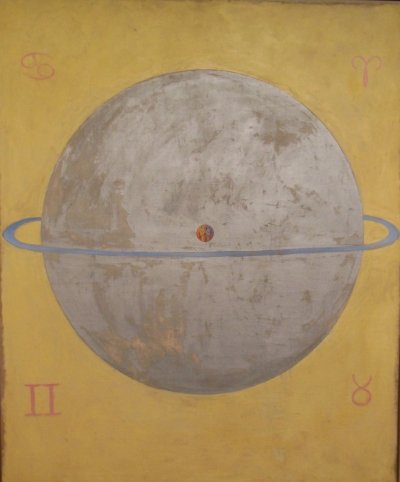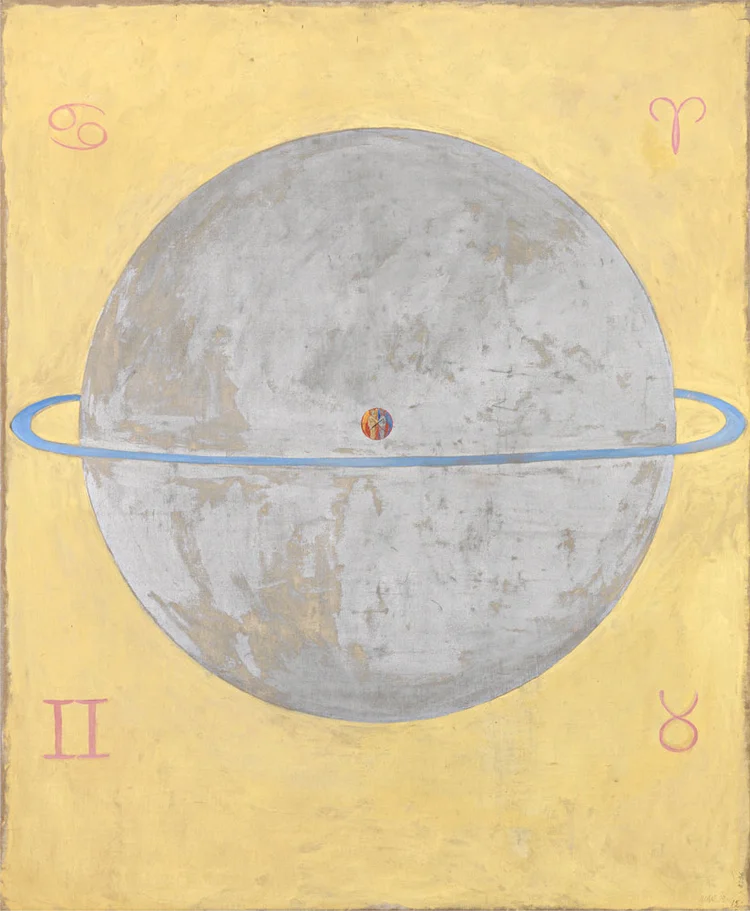The philosopher Hans Blumenberg wrote a book on the heliocentric worldview but had not much good to say about the sun. Yes, it may be a benefactor but, as it goes with all benefactors, becoming a tyrant lingers close by. This philosopher who once explored light as a metaphor for truth described the image of the sun as the despot of reason, bringing about a new madness of the naked, brutal truth.
The alternative, becoming his new guiding spirit, became the moon. It is the poetic expression par excellence. While the sun just condones orthodox members, there are the heretics in their allegiance to the moon. Not only did its poetic qualities not suffer under Enlightenment but quite to the contrary they were set free. Antiquity did not know poetic veneration of the moon, that only started in the 18th century. “Would the moon disappear from our repertoire of our moods and wishes, of the testimonies of our amorous nights, if it were made undoubtably clear to us that it only consisted of rocks?”
‘Moon is the friend of our bosom’, so Schopenhauer said. Its light is mild, fluctuating, holding our senses in thrall. This light does not represent the despotism of one and final reason but the world of conjectures and projections, of phantasy.
Hans Blumenberg, ‘Die Vollzähligkeit der Sterne’, 1965
Lorenz Jäger, ‘Die schöne Kunst, das Schicksal zu lesen’ 2009
The sun
The moon



